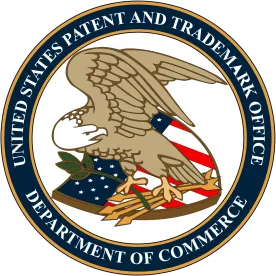In 2014, the U.S. Supreme Court’s Alice Corp. v. CLS Bank International, 573 U.S. 208 (2014) (“Alice”) held that technologies that merely implemented an abstract idea with a generic computer were not eligible for patent protection. As a result, the patent-eligibility of personalized medicine diagnostics and therapies that may rely on computers or mental analysis to diagnose disease or analyze medical information faced a new standard for patent-eligibility. (See, e.g., Federal Circuit Frames Test for Patent-Eligibility and USPTO Updates Guidance on Patent-Eligibility of Personalized Therapies.)
In the years following the Supreme Court’s Alice decision, the Federal Circuit issued several decisions applying the Supreme Court’s Alice decision and the USPTO issued several examination guidances, (including an April 2018 memorandum and a January 2019 Revised Patent Subject Matter Eligibility Guidance (2019 PEG)) to assist the examination of claims that could be determined to be abstract ideas.
On April 23rd, 2020, the Office of the Chief Economist of the USPTO reported that its memorandum and the 2019 PEG decreased patent examination uncertainty in Alice-affected technologies. Adjusting to Alice: USPTO patent examination outcomes after Alice Corp. v. CLS Bank International (“Report”). The decrease in uncertainty was measured by four key statistics for Alice-affected technologies:
-
The likelihood of patent applicants receiving a first office action with a rejection for patent-ineligible subject matter increased by 31% in the 18 months following Alice;
-
Uncertainty in patent examination as measured by variability in patent subject matter eligibility determinations across examiners in the first action stage of examination increased by 26% in the 18 months following Alice;
-
One year after the release of the USPTO’s 2019 PEG, the likelihood of receiving a first office action with a rejection for patent-ineligible subject matter had decreased by 25%; and
-
Uncertainty in patent examination decreased by 44% in the 12 months following the issuance of the 2019 PEG.
Report at page 1.
Practice Tip
According to the USPTO, these key statistics establish that “the USPTO’s efforts to clarify the Alice standard have substantially offset the uncertainty created by Alice.” Report at page 4. As a patent practitioner in Alice-associated technologies and technologies that serve personalized medicine, the USPTO’s Report confirms my personal experience that when the patent claims are aligned with the format of patent-eligible claims set forth in the USPTO’s subject matter guidance documents, first office action rejections based on lack of subject matter eligibility are reduced or often can be overcome during examination. Patent applicants also are encouraged to ask for the assistance of a “101 specialist” and discuss the claims with the examiner and specialist.




 />i
/>i

